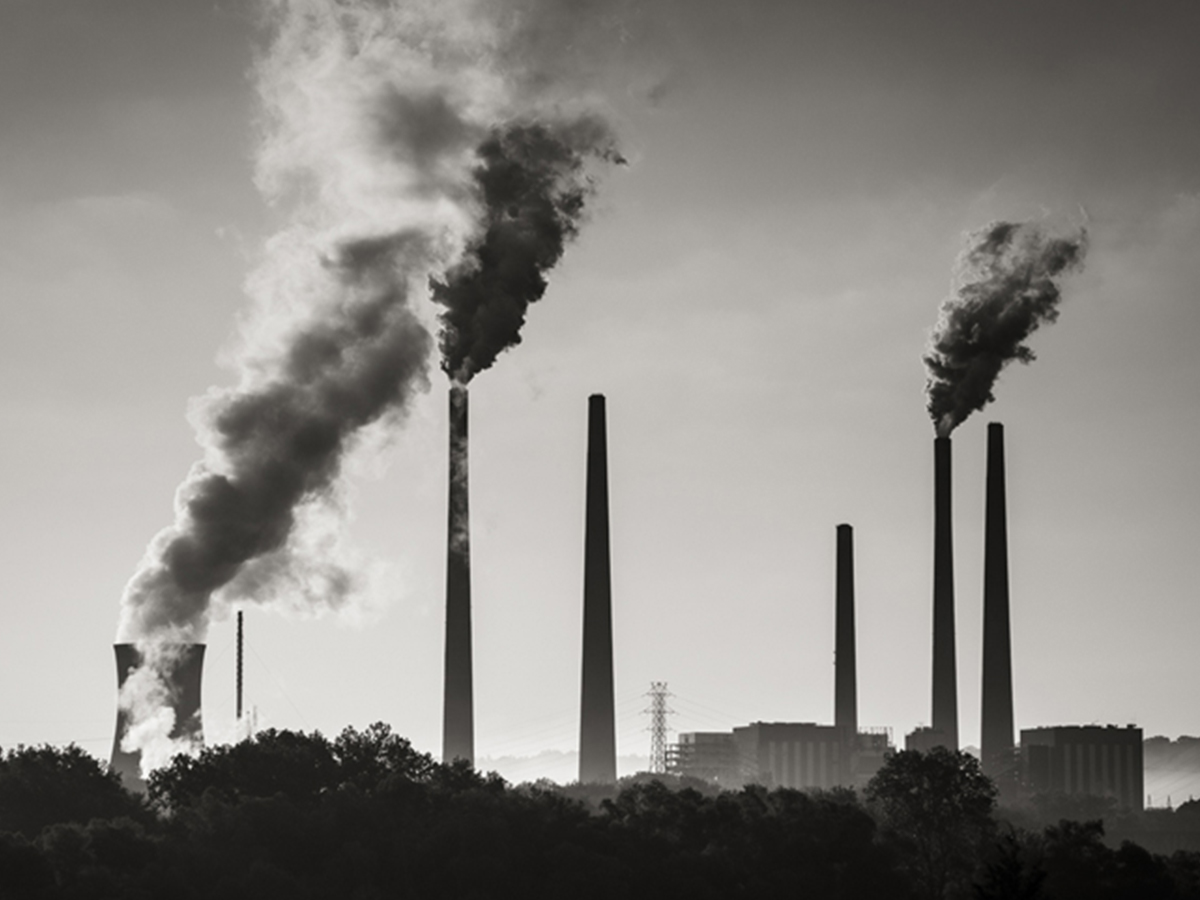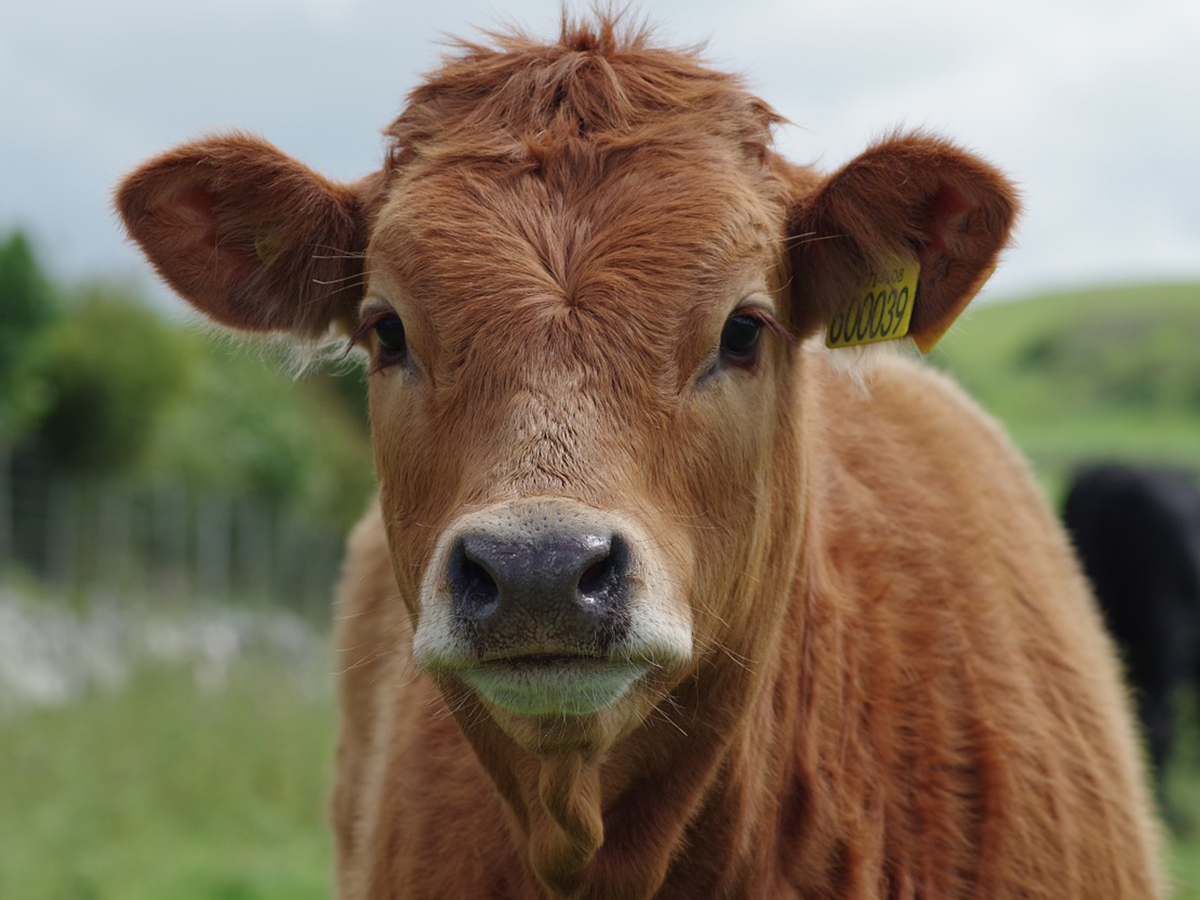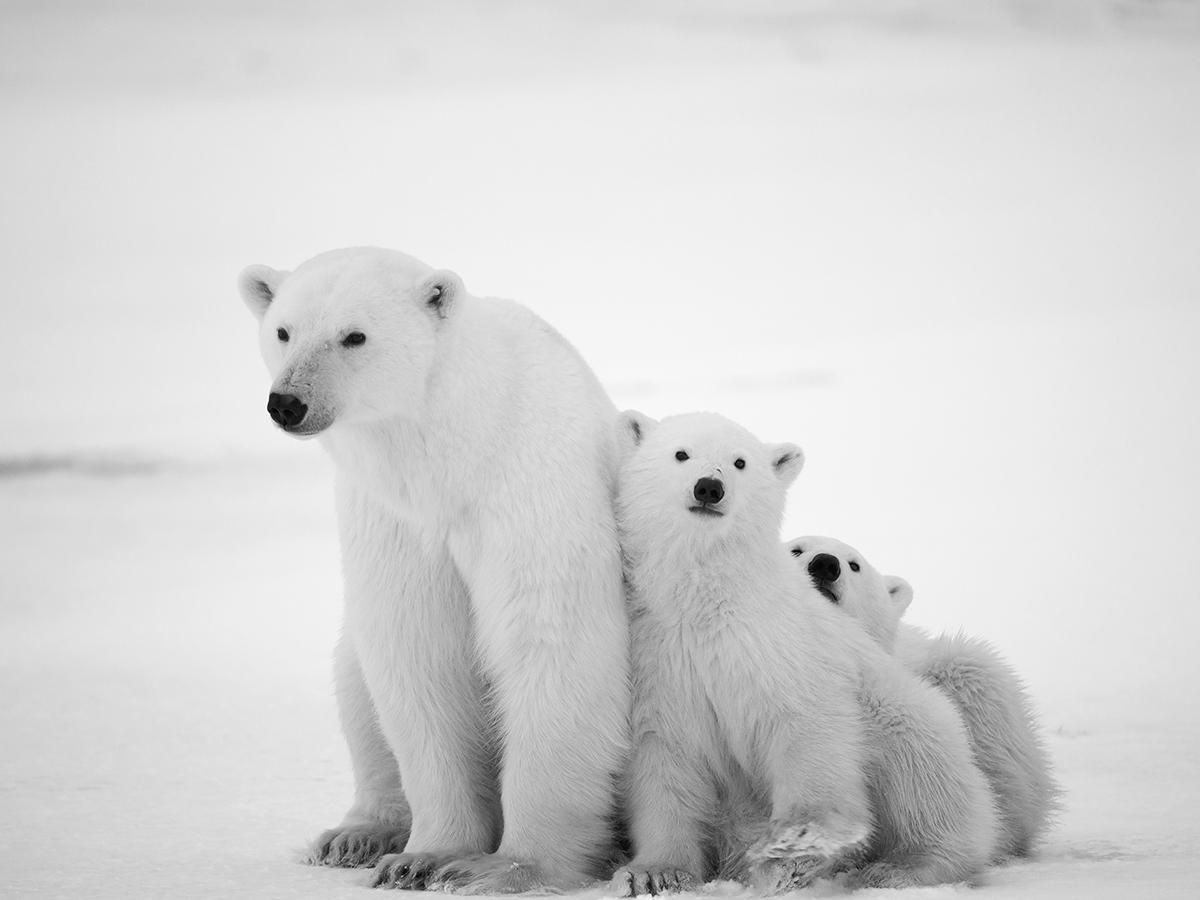This Earth Day, Go Vegan For the Animals
April 22nd is Earth Day. It was first celebrated on this date in 1970, when almost 20 million protesters took to the streets to decry rampant pollution and environmental destruction. Today, 50 years later, the outlook for the planet looks worse than ever. In fact, in the last 40 years alone, we’ve lost more than half of the world’s wild animal populations while more than doubling our own human population. From massive species collapse, to the threat of apocalyptic global warming, we need this day more than ever to pause and reflect on how we treat this planet, and our fellow non-human animals.
When the question of what can we do to save the Earth arises, there are a few answers that are always brought up. Reduce our use of fossil fuels. Reduce our use of plastics and other cheap and disposable products. Conserve water. Use long-lasting, energy efficient light bulbs. Plant a tree. Walk or bike around instead of driving. Reduce, reuse, recycle.
These are all great ideas, and if we all lived in this manner, it would indeed make our human imprint a bit more sustainable.

But there is another option, one that is incredibly easy to understand and almost as easy to implement, that would accomplish more than most of the above items combined. Adopting a plant based diet.
But why? What is wrong with animal agriculture?
Let us set aside for a moment the atrocious cruelty and horrible deaths we subject animals to for food, and look at the many other violences animal agriculture perpetrates:
- Massive global species collapse - Animal agriculture causes the direct destruction of forests, marine, and other habitats. Wild animals also lose out to ranchers who target predators like wolves, and grazers like bison or burros. Ranching is a driving force in one of the largest species mass extinction events in the history of our planet.
- The disappearance of wilderness - As is, very little true wilderness remains on the land of planet Earth. If we keep this up, there may be none. The World Bank estimates that 88% of the loss of the Amazon rainforest can be attributed to grazing livestock for an ever-increasing human population. Across the United States and most other human-populated lands, livestock operations and operations dedicated to feeding livestock use enormous swaths of land.
- Livestock waste is poisoning our planet - According to the U.S. Government Accountability Office, animals in agricultural operations are responsible for 130 times more waste than are American citizens. This waste has to go somewhere, and is often stored in massive football-field-sized lagoons, which often leak, making any water they come into contact with toxic.
- The Climate Crisis and greenhouse gasses - Sources vary on the details, but all are in agreement that animal agriculture is responsible for between 10% and 20% of all greenhouse gas emissions. That’s about as much or more than all global transportation combined.
- Antibiotic resistance - Animals are kept in cramped conditions, treated with brutality, and denied access to adequate food or veterinary care which leaves animal farms open to rampant outbreaks of infectious disease. The way animal agriculture often deals with this is by pumping animals full of antibiotics. The problem here is that overuse of antibiotics is a well established driver of antibiotic resistance. The way this works is straightforward; pumping animals full of antibiotics to compensate for filthy living conditions, and to promote growth, on a regular basis before they actually get sick turns them into reservoirs for bacterial growth that can lead to the creation and spread of antibiotic-resistant superbugs.
The truth is there for all to see, however inconvenient it may be; our enormously inflated population combined with our dependence on eating the standard American diet are among the greatest threats to the planet Earth, and the living beings who live upon it.

If we really do care about our planet and wish to protect it, we must come to terms with the tremendous destruction caused by too many of us combined with our continuing dependence upon animal agriculture. And we must then take one of the next logical steps and adopt an animal-friendly plant-based diet.
For the animals, for future generations, and for yourself.
Take Action for Animals & the Planet


